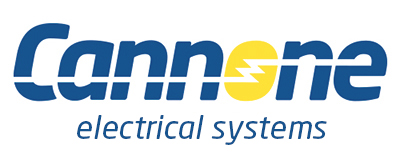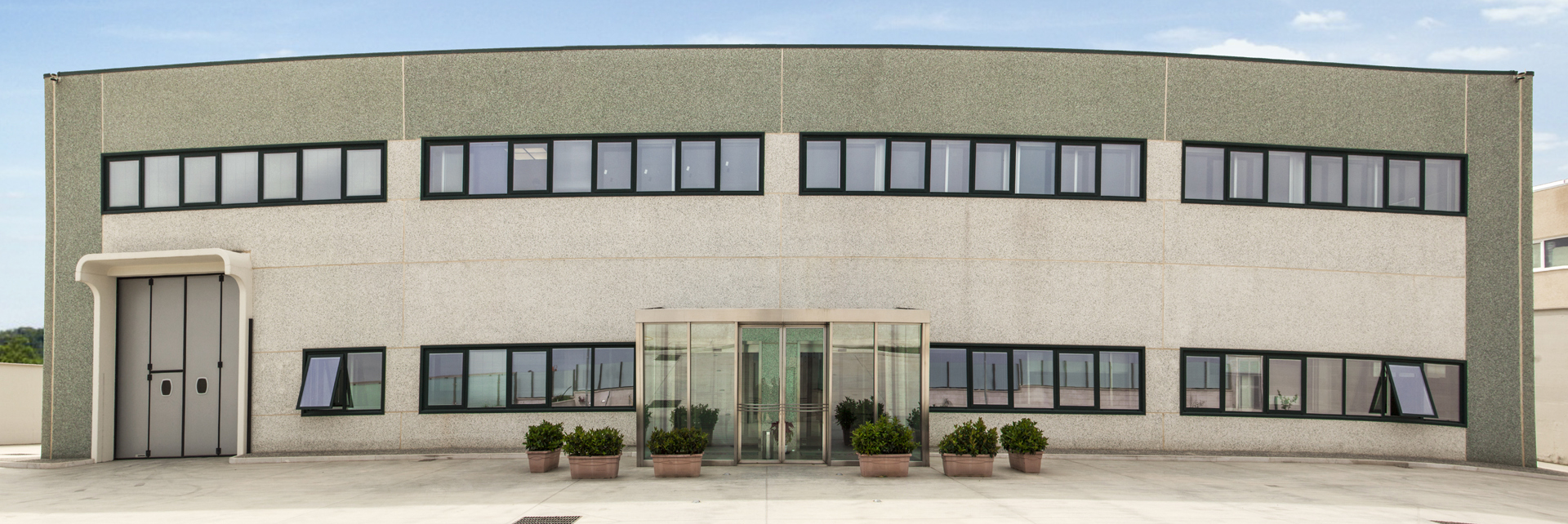It was in 1910 when, in conjunction with the prime applications of electric technology to engines, Vito Cannone (grandfather of Nicola Cannone) began to cultivate an interest in the first electric rotating machines, as a natural evolution of experiences he had acquired on steam machines.
This passage marked the beginning of a family tradition in the electromechanical sector from the moment when the first forms of electricity usage began to develop at a local level.
From as far back as 1910 the “craft” was handed down from father to son, from the maintenance activity on the first electric engines to the electromechanical workshop, under the guidance of Antonio Cannone (son of Vito and Nicola’s father).
In the following years, as in the beginning, the stage where our history unfolds has continued to be a bona fide lab in which we have experienced the innovation of electrification of productive processes, spanning the Second World War and reaching the moment of the economic boom and the compulsive request firstly for electric and then for electronic automation.
In a market like that of the 1980s, which required the acquisition of more advanced skills in order to govern the unstoppable process of automating the productive systems, based on electronic computers and on numericallycontrolled machines, Nicola Cannone took our company in hand, steering it towards its current standing at a national level in the industrial electrical system tech scene.
This passage marked the beginning of a family tradition in the electromechanical sector from the moment when the first forms of electricity usage began to develop at a local level.
From as far back as 1910 the “craft” was handed down from father to son, from the maintenance activity on the first electric engines to the electromechanical workshop, under the guidance of Antonio Cannone (son of Vito and Nicola’s father).
In the following years, as in the beginning, the stage where our history unfolds has continued to be a bona fide lab in which we have experienced the innovation of electrification of productive processes, spanning the Second World War and reaching the moment of the economic boom and the compulsive request firstly for electric and then for electronic automation.
In a market like that of the 1980s, which required the acquisition of more advanced skills in order to govern the unstoppable process of automating the productive systems, based on electronic computers and on numericallycontrolled machines, Nicola Cannone took our company in hand, steering it towards its current standing at a national level in the industrial electrical system tech scene.


